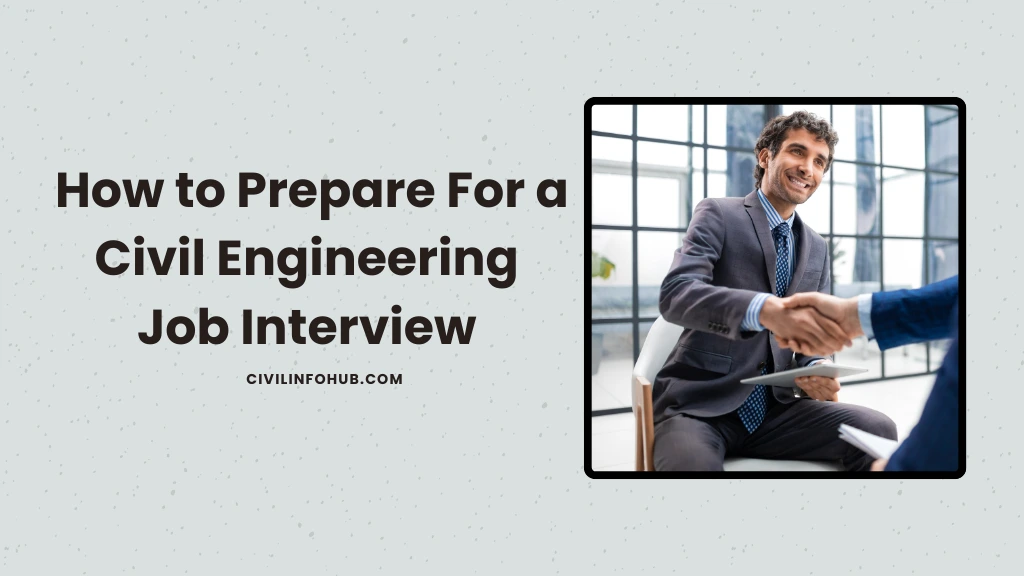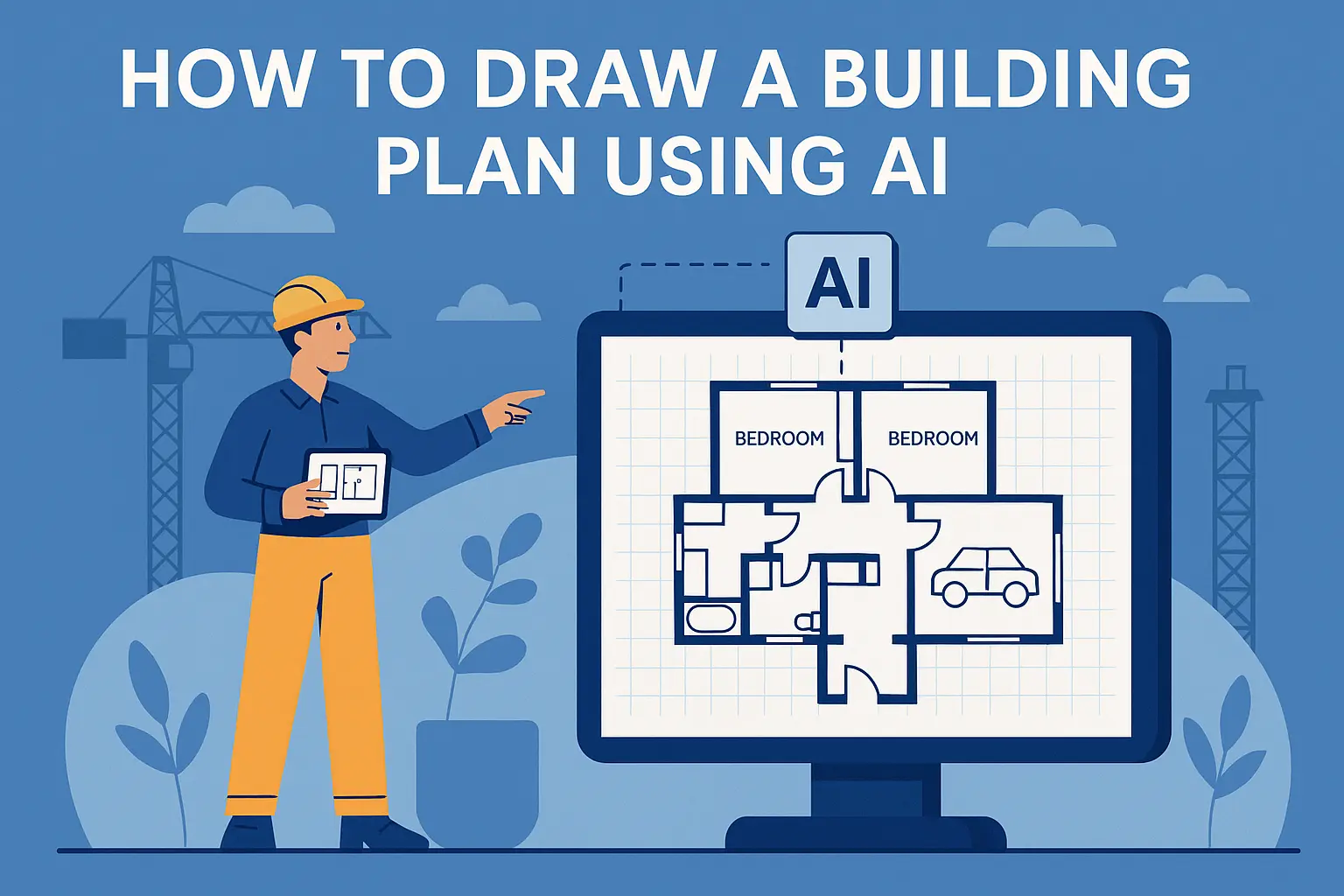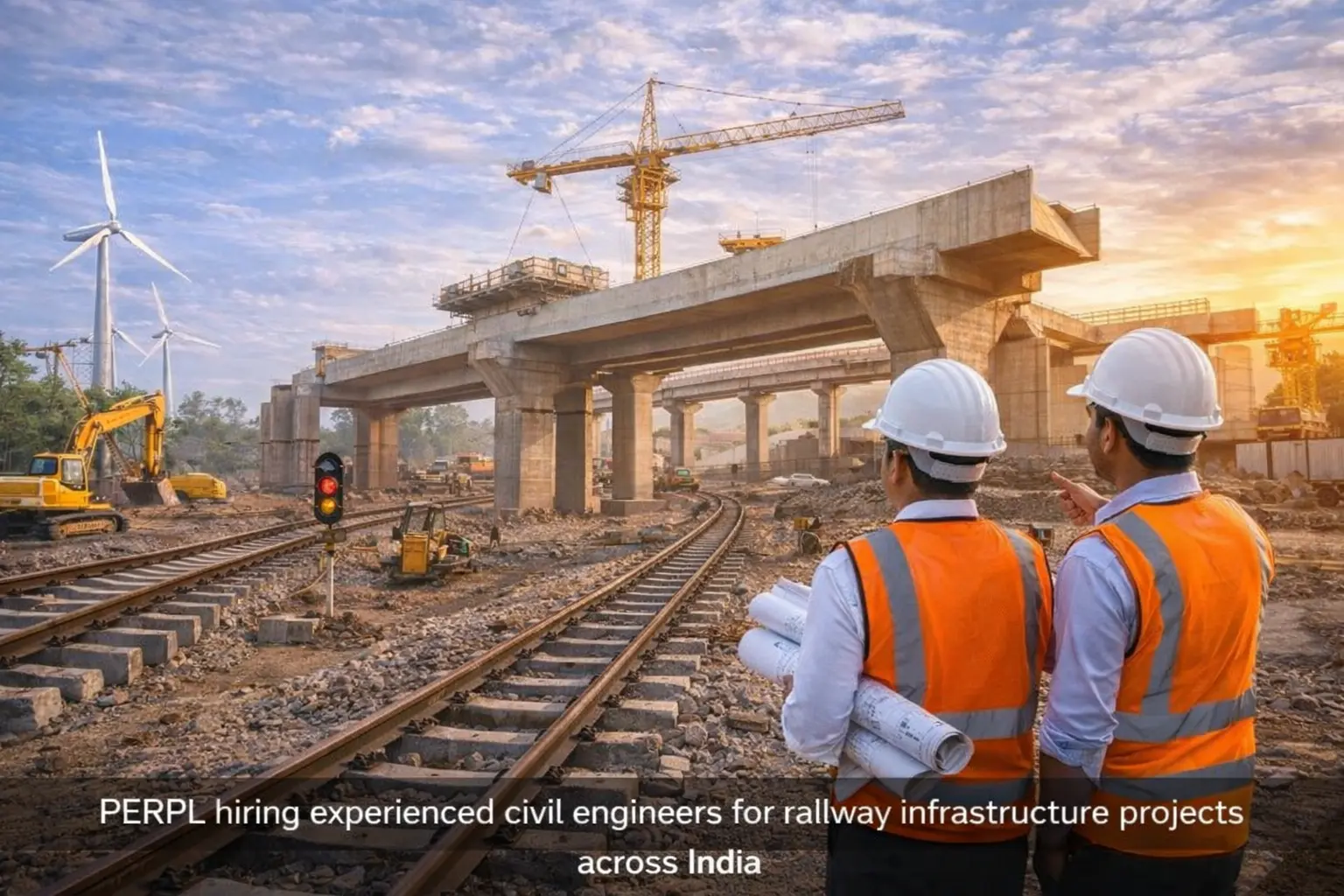Civil engineering is one of the most sought-after professions after accounts and law in India. In the civil field, with its vast sweep of opportunities: infrastructure development, urban planning, and environmental sustainability, the demand for skilled civil engineers has never been greater. However, to land a civil engineering job, you will need to survive a long, lengthy interview process. Preparation is important when it comes to civil engineering job interviews and it can do a lot toward boosting your odds of success.
This detailed guide will discuss how to prepare for a civil engineering job interview. This blog will walk you through what you need to know, from understanding the role to presenting yourself confidently so that you excel.
Understand the Role
Understanding the exact role you’re applying for is important before stepping into the interview room. Research the following:
- Job Description: Learn about the role and responsibilities.
- Company Profile: Find out about the company’s mission, projects, and the values of the company. That will in turn help you align your answers to their needs.
- Industry Trends: Monitor what’s happening in civil engineering, particularly in India, where smart cities and infrastructure development are at the forefront.
Technical Preparation
The most common part of a civil engineering interview deals with your technical expertise. To prepare:
- Review Core Concepts: Go back to structural engineering, geotechnical engineering, fluid mechanics, and transportation engineering.
- Problem-Solving Skills: You should be ready to work on actual-world problems. Let’s say that throughout this process you may be asked questions such as what would you do if soil stabilization was called for or what would you do if a bridge load calculation was needed.
- Software Proficiency: Civil Engineering jobs will need some knowledge of tools like: AutoCAD, STAAD Pro, and Revit. You will be asked to talk about what you’ve done with these tools.
Build a Strong Resume
The first impression you’ll make is with your resume. Ensure it is tailored to the role:
- Highlight Relevant Experience: Internships, projects, or jobs that you had in civil engineering.
- Include Certifications: If you’ve taken courses in areas of specialization such as BIM or sustainable construction, feature them prominently.
- Use Action Verbs: Your achievements will stand out if your phrases include words such as ‘designed’, ‘implemented’, or ‘managed’.
Prepare for Common Questions
You can face the questions during the interview which would cover your technical, behavioral, and situational judgment. Examples include:
1. Technical Questions:
- Then what’s the difference between these types of foundation systems and how do you decide which to use?
- How concrete curing should be explained, and why.
- There are then of course the common causes of building cracks and how to deal with them.
2. Behavioral Questions:
- Tell us about a conflict that occurred on a project team that you were able to resolve.
- How do you manage to work under a tight deadline?
3. Situational Questions:
- What would you do in a situation where you have a project and are running behind, no fault of your own?
Enhance Communication Skills
Because civil engineers often work with clients, contractors, and teammates, communication is key. Practice the following:
- Clarity and Precision: Don’t use unnecessary jargon and simply answer questions directly.
- Confidence: Be confident about who you are and look people in the eye.
- Teamwork Examples: You will be ready to share instances where you successfully worked as part of a team to accomplish a project.
Dress Professionally
First impressions count in the Indian job market. Wear formal attire that is in neutral colors. Always be sure to have a proper fitting and clean-looking outfit. For men, a tie can make you look professional for women, a blazer may do the trick.
Mock Interviews and Practice
Mock interviews help you learn where to work. Consider these steps:
- Role Play: Practice with someone who is acting as the interviewer.
- Record Your Responses: See how your tone, your body language, and your clarity are.
- Feedback: Use constructive criticism to become better at your approach.
Research the Company
So you can tailor your answers to the company’s vision and projects and stand out from the rest. Research:
- Recent Projects: Dedicate some time in an interview to mention your interest in some specific projects.
- Company Values: Make sure your answers match where your company is heading, whether this is sustainability, innovation, etc.
- Competitors: You can understand how the company works in the environment, and which questions will tell the story.
Prepare Questions for the Interviewer
It shows your interest and enthusiasm by asking thoughtful questions. Examples include:
- How does the company approach sustainable construction?
- What professional development opportunities does this organization bring?
- What strategies do companies use to address complex problems in large-scale infrastructure projects?
Stay Updated on Industry Trends
Knowing what is going on in civil engineering can go a long way. Trends such as smart cities green building technologies, or even digital construction (BIM) are to be found in particular in India. Including these when they are mentioned in your answers can indicate you’re proactive and forward-thinking.
Tips for Virtual Interviews
As remote interviews have started to take off, prepare yourself for virtual settings. Ensure:
- A Stable Internet Connection: test your setup and avoid tech glitches.
- Professional Background: Find a clean and distraction-free environment.
- Proper Lighting and Camera Angle: If your face is well-lit and visible, position yourself.
Conclusion
A civil engineering job interview preparation requires a blend of technical knowledge, communication, and research. Knowing more about what role is worth pursuing, sharpening your skills, and dressing professionally can stand out as an impressionable memory to the potential employer.
The trick is to keep a positive, optimistic view of the chance. Remember, it is every interview a learning experience. Preparation and the right attitude will get you on your way to landing that dream civil engineering job.
Read More: Boost Your Career with These Civil Engineering Skills
FAQs How to Prepare for a Civil Engineering Job Interview
1. What should you send in for a civil engineering interview?
Take multiple copies of your resume, a portfolio of your previous work (if you’ve done something in previous work), certifications, and a notebook and pen to take notes with.
2. How should I answer technical questions in a civil engineering interview?
Be clear and concise. If you don’t know the answer, say honestly so and explain how you would have solved it.
3. What skills do civil engineers need?
Employers respect technical skill, capacity to solve problems, ability to communicate, teamwork, and knowledge of AutoCAD or STAAD Pro.
4. What does being well-versed in industry knowledge matter for a civil engineering interview?
It’s important to be in the know. Get acquainted with smart cities, green construction, and emerging civil engineering technologies.
5. What are the ways to excel in a civil engineering interview?
Highlight the way you are different from the rest. Why is it that you’ve read this guide? Because you’ve never heard of us and don’t want to waste time. What you say should show that you’d be interested in the role (i.e. enthusiasm) and that you’d be able to support the company’s aims (tailor).











This site technical support is very very nice